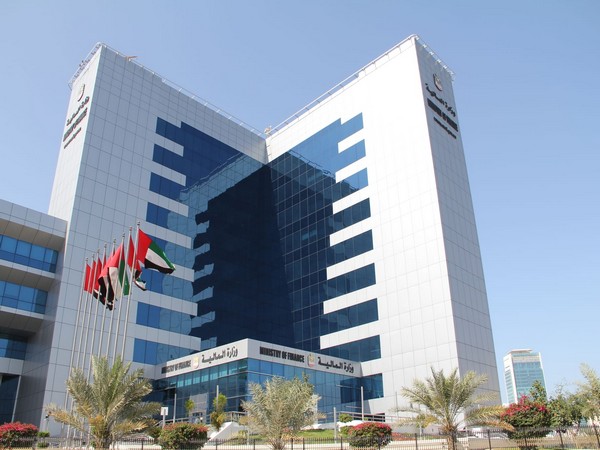UAE Unveils New Tax Laws to Boost Innovation and Fair Taxation
The UAE Ministry of Finance has revised its taxation laws, introducing a Domestic Minimum Top-up Tax (DMTT) and new tax incentives to foster innovation and economic growth. These measures align with global standards and are part of the UAE's strategic efforts to enhance competitiveness and ease of doing business.

- Country:
- United Arab Emirates
The UAE Ministry of Finance has announced significant updates to Federal Decree-Law No. 47 of 2022 on the Taxation of Corporations and Businesses, introducing a Domestic Minimum Top-up Tax (DMTT) and new tax incentives. The DMTT will come into effect for financial years starting on or after January 1, 2025, as part of the UAE's commitment to the OECD's Two-Pillar Solution.
This tax requires large multinational enterprises with global revenues of EUR750 million or more to pay a minimum tax rate of 15% on profits, aligning with global tax standards. These measures aim to establish a fairer, more transparent tax system. The UAE's new tax incentives are designed to foster growth and innovation, with potential credits for research and development activities and high-value employment.
The Corporate Tax Incentive, still under consideration, may offer tax credits of 30-50% for qualifying R&D activities, effective from January 1, 2026. A proposed refundable tax credit for promoting high-value employment is also on the table, set to begin by January 1, 2025. These legislative changes underscore the UAE's ongoing commitment to strengthening its economic landscape.
(With inputs from agencies.)










